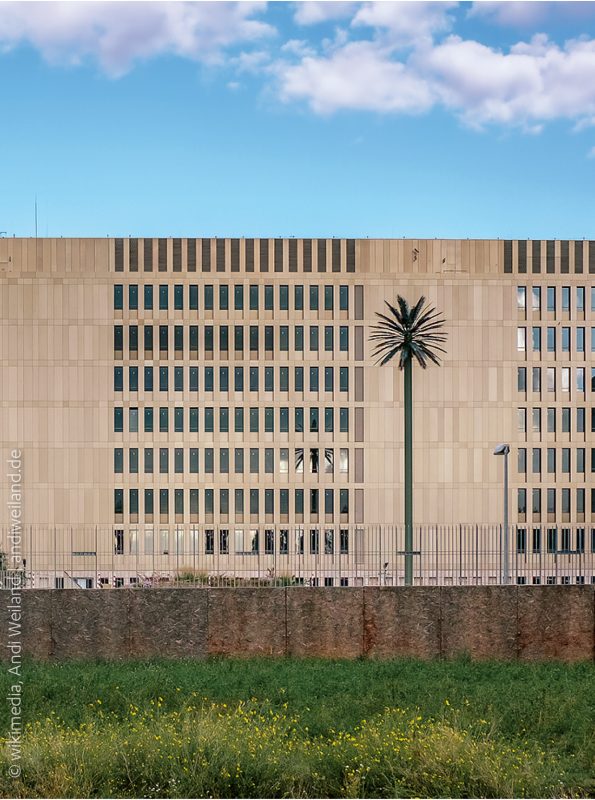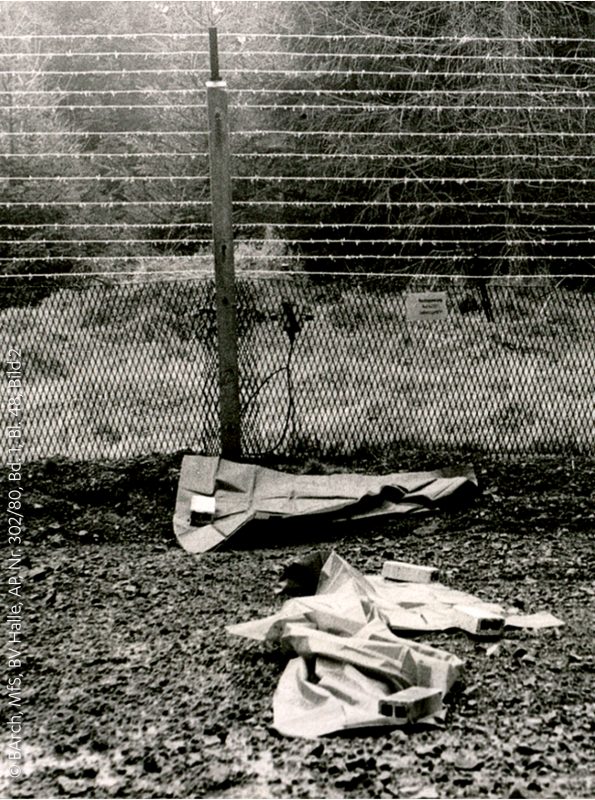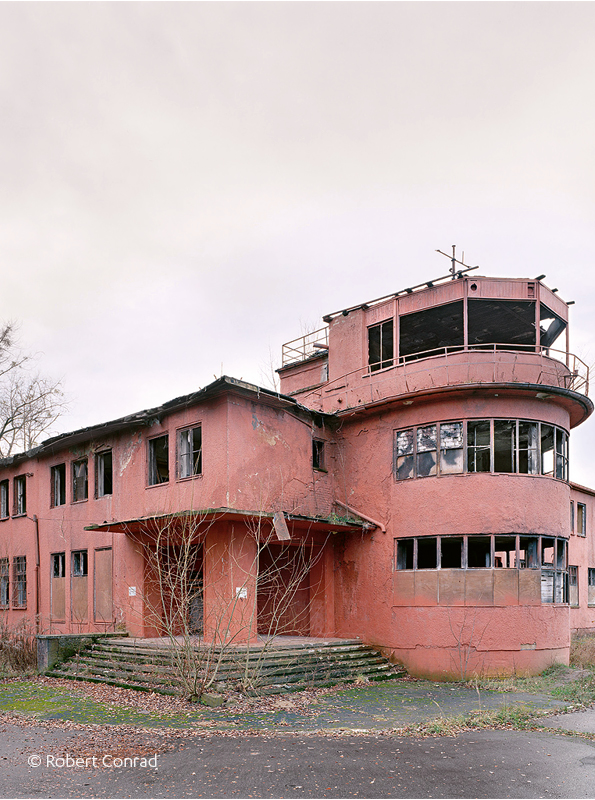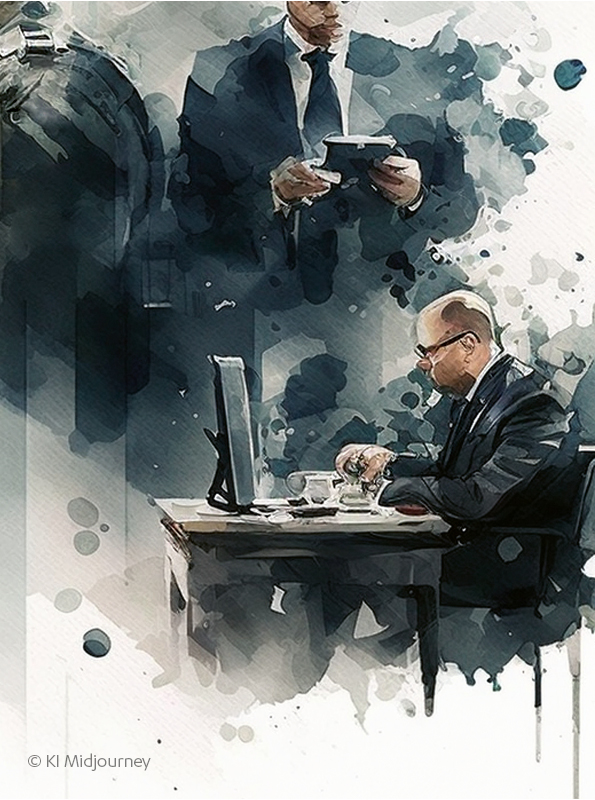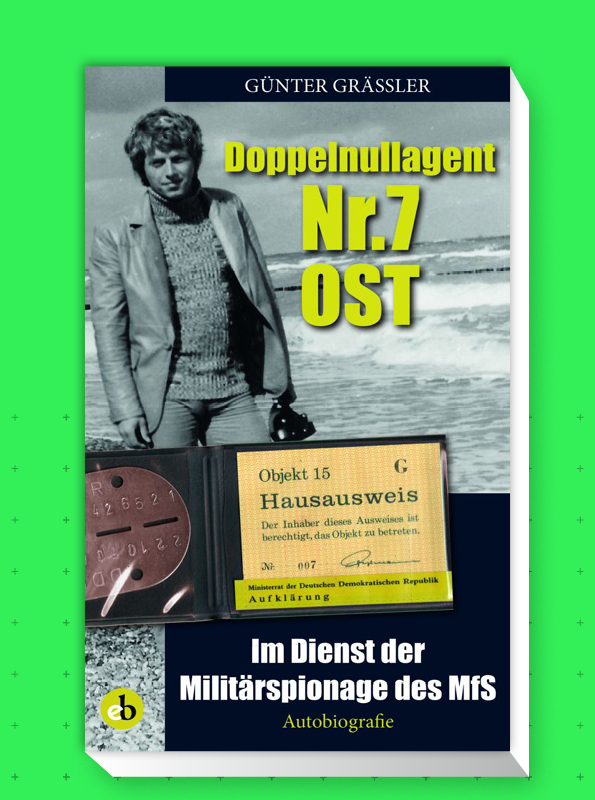The Independent Control Council
Panel discussion
According to Reporters Without Borders, the reformed “BND Law” is still unconstitutional and the spying practice threatens human lives. At the same time, the Independent Control Council is supposed to subject the BND’s technical reconnaissance to comprehensive legal scrutiny. So what is going to change now?
[...]Simply mowed down…
Panel discussion
According to the current state of research, more than 30 minors were shot at the German-German border or died there as a result of other acts of violence. Bernhard Priesemuth has worked through many of these fates already in the 1990s. His many years of research document a picture of the horrors for which the GDR border regime was responsible.
[...]Concrete contemporary witnesses
Presentation
They often evade public perception, have experienced contemporary history, are monumental places and representatives of power – the contemporary witnesses made of concrete. Robert Conrad documented top-secret facilities in the GDR: government airfields, restricted military areas, news bunkers.
[...]AI and the German secret services
Panel discussion
Police forces and secret services in Germany use AI systems. For what, but should remain secret. With proven experts, we try to get a picture of the situation, take stock and carry out an analysis. What can AI do and what protection does it offer the state and its citizens?
[...]Hanged in the cell
Book presentation
What happened to 23-year-old Matthias Domaschk on April 12, 1981 in the Stasi detention center in Gera? The journalist Peter Wensierski did intensive research, read files, met various contemporary witnesses and published a book about it: »Jena Paradise – The Last Journey of Matthias Domaschk«.
[...]A Stasi Insider talks
Book presentation
Günter Graessler was an officer in the military reconnaissance department of the GDR’s foreign intelligence service. He was the lead officer for unofficial employees who were supposed to spy on sensitive data in the Federal Republic, experienced betrayal and defeats. Günter Graessler has now written an autobiography.
[...]